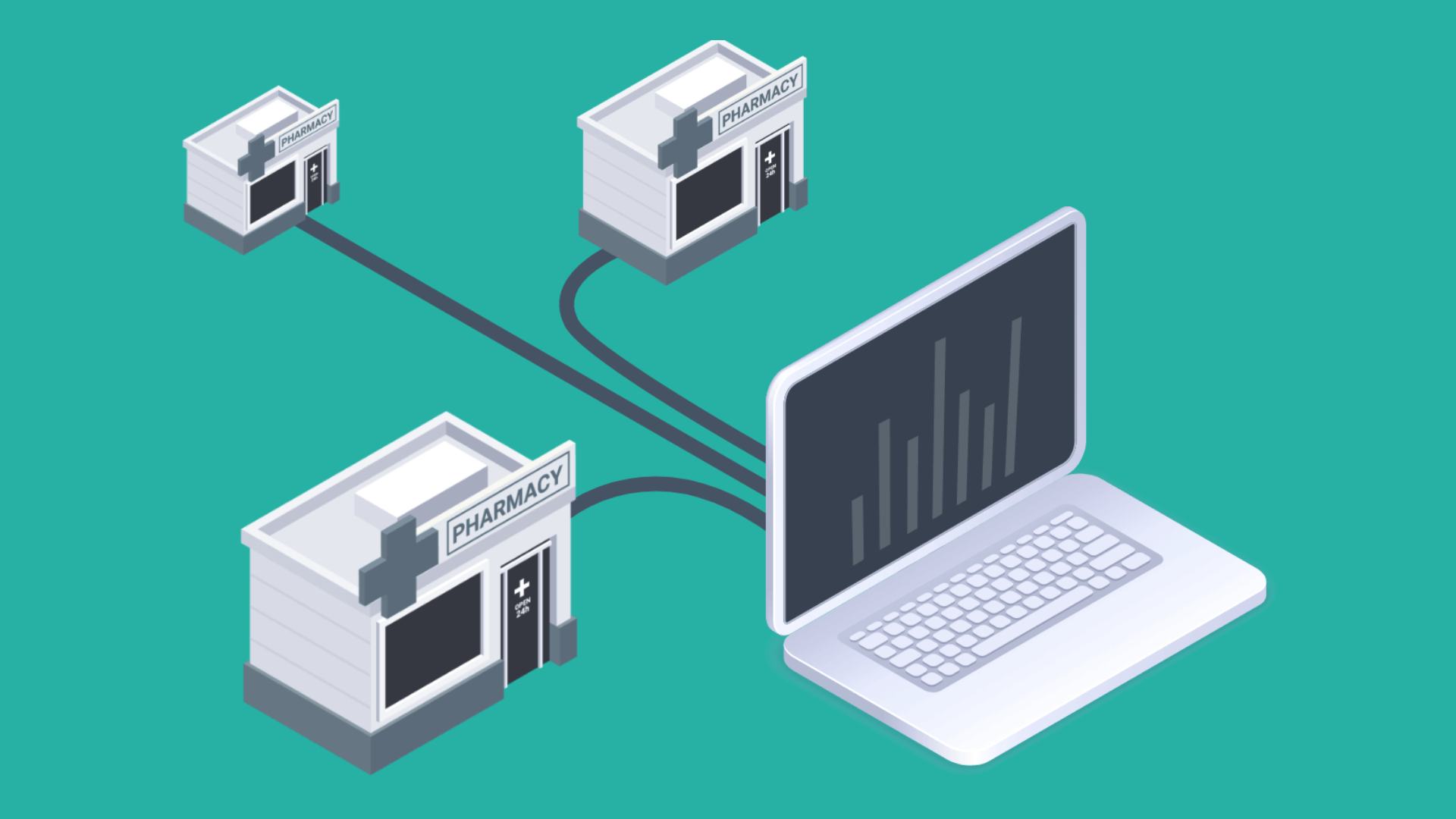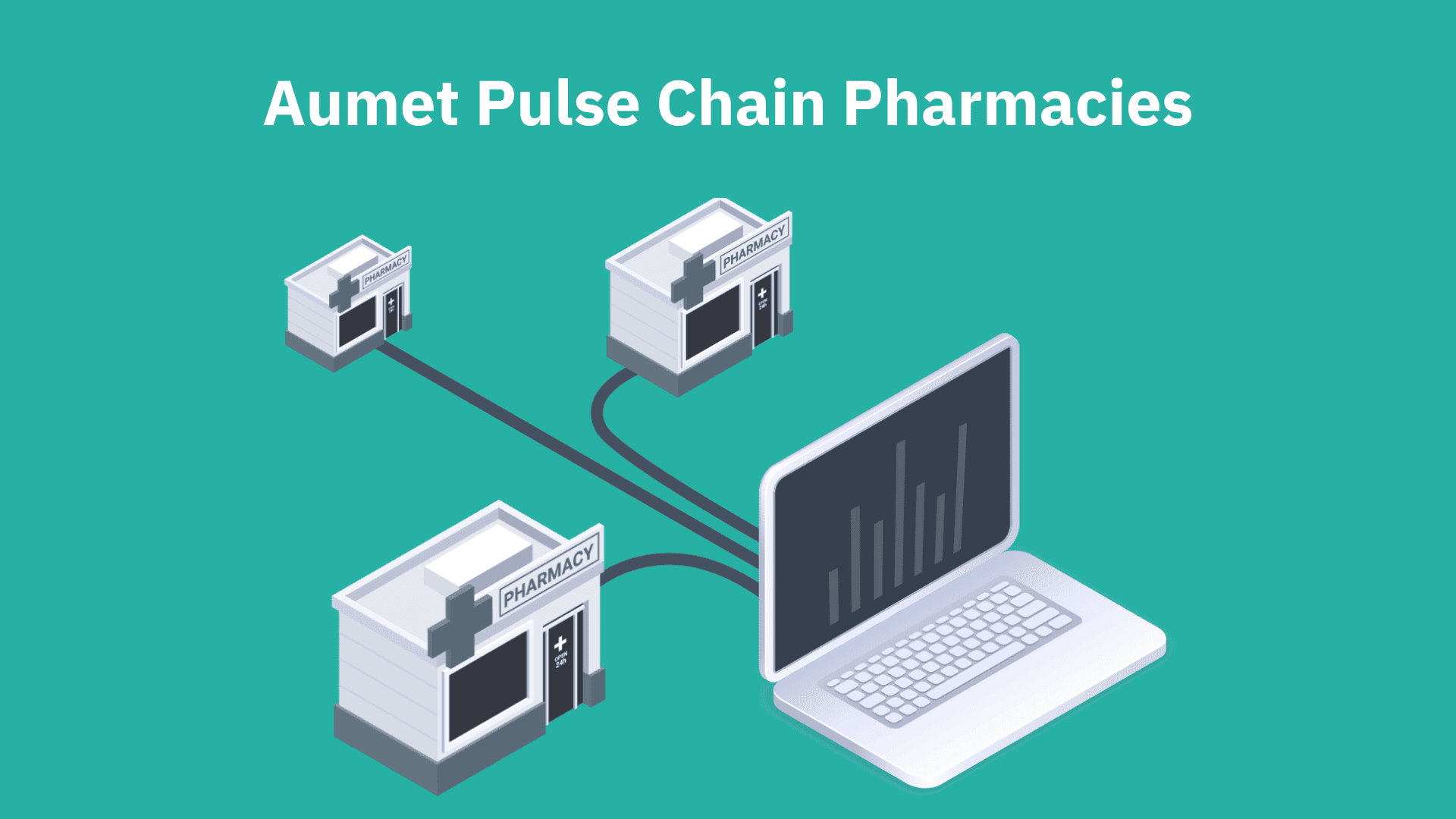In the past two decades, artificial intelligence (AI) has become one of the main drivers of change across various fields, especially in the medical sector. AI technologies are being used to improve diagnostic accuracy, speed up drug discovery, and provide personalized medical solutions for each patient. Entrepreneurship in this field has become a powerful tool for achieving medical innovation, with startups contributing to the development of advanced AI-based solutions that are transforming the way healthcare is delivered. Consequently, AI is increasingly seen as a key enabler of medical progress.
In this article, we will explore how entrepreneurship can contribute to the development of AI in healthcare, the most prominent applications in this field, the challenges faced by startups, and the expected future of this technology in improving healthcare quality.
AI Applications in Healthcare
Early Diagnosis:
AI technologies are used to analyze medical images, such as X-rays and MRI scans, helping to detect diseases more quickly and accurately. As a result, early detection can significantly improve patient outcomes.
Drug Discovery:
AI enhances the scientific research process for discovering new drugs by analyzing large datasets and predicting chemical interactions. This not only accelerates the process but also increases the likelihood of finding effective treatments.
Personalized Care:
AI is used to analyze genetic and behavioral data of patients to provide tailored treatments that match their health conditions. In turn, this approach ensures that treatments are more effective and better suited to individual needs.
Health Data Management:
AI solutions are used to analyze and manage electronic patient records efficiently, improving patient experiences and reducing medical errors. Therefore, the integration of AI in health data management leads to a smoother and more accurate flow of information.
Entrepreneurship in AI for Healthcare
Many startups worldwide have begun investing in AI to improve healthcare delivery. These companies focus on integrating AI into healthcare systems to develop innovative solutions that meet the growing demands of the industry.
Developing Innovative Diagnostic Solutions:
Some startups are developing new technologies to analyze medical images faster and more accurately than human doctors. By doing so, they hope to revolutionize diagnostic procedures and enhance accuracy.
Decision Support Tools:
Other companies aim to develop tools using AI to assist doctors in making medical decisions based on comprehensive patient data analysis. Consequently, these tools are designed to improve decision-making processes and ultimately patient care.
Self-Care Platforms:
Some startups offer AI-driven digital platforms to help manage chronic diseases like diabetes and hypertension by continuously tracking data and providing notifications to patients. As a result, these platforms empower patients to take charge of their health in real-time.
Challenges Facing AI Entrepreneurship in Healthcare
Privacy Issues:
Collecting and analyzing personal medical data requires adherence to privacy policies and data protection regulations, such as GDPR, which presents a legal challenge for companies. Thus, maintaining data security is a top priority for AI startups.
Integration with Traditional Systems:
Integrating AI with traditional healthcare systems may face difficulties due to technological discrepancies and compatibility challenges. However, overcoming these barriers will be key to the widespread adoption of AI in healthcare.
Regulatory Approval:
Obtaining approval from health authorities, such as the FDA, is a lengthy and complex process, affecting the speed of product development and marketing. In many cases, navigating this process requires patience and persistence.
Data Dependency:
The accuracy of AI results heavily depends on the quality of the data inputted, meaning companies need accurate and comprehensive health databases. Consequently, ensuring high-quality data is crucial for the effectiveness of AI solutions.
Examples of AI Entrepreneurship in Healthcare
Aumet:
A technology company specializing in providing innovative tech solutions to enhance the sustainability of the healthcare sector and ensure drug availability using AI. As a leader in the field, Aumet contributes significantly to improving healthcare outcomes.
Zebra Medical Vision:
This company develops advanced algorithms for analyzing medical images like X-rays and MRIs to detect diseases. By doing so, Zebra Medical Vision is helping to enhance diagnostic accuracy.
Tempus:
Tempus works on gathering and analyzing genetic and clinical data to develop personalized cancer treatments using AI. This personalized approach aims to improve cancer care through precision medicine.
Butterfly Network:
This company has developed a low-cost portable device for medical imaging using AI to provide accurate diagnoses for doctors. This technology is particularly beneficial for expanding access to healthcare in underserved regions.
The Future of AI in Healthcare and Entrepreneurship
Accelerating Drug Discovery:
AI will help speed up drug discovery processes by quickly analyzing genetic and chemical data. As a result, this could lead to the development of life-saving drugs in a fraction of the time it currently takes.
Self-Diagnosis:
In the future, patients may use AI applications to self-diagnose their health conditions before visiting a doctor. This shift would not only save time but also encourage proactive healthcare.
Integration with Personalized Care:
AI will play a significant role in providing personalized healthcare solutions based on genomic and behavioral data. This integration will result in treatments that are even more customized to individual patients’ needs.
Global Market Expansion:
As technology evolves, many countries, especially developing ones, will have access to these solutions to reduce healthcare costs and improve access to advanced medical services. This global expansion will further democratize healthcare and make it more accessible.
Conclusion
AI in healthcare represents a turning point in how medical care is delivered. Through innovations in diagnosis and treatment, AI is reshaping the healthcare landscape. Startups play a pivotal role in this transformation by developing advanced solutions that contribute to improving patient health outcomes. As AI continues to evolve, it is expected to play an even larger role in linking technology to healthcare, making it more precise and effective.
Share your own article on Aumet Blog
To learn more about Aumet, contact us!










